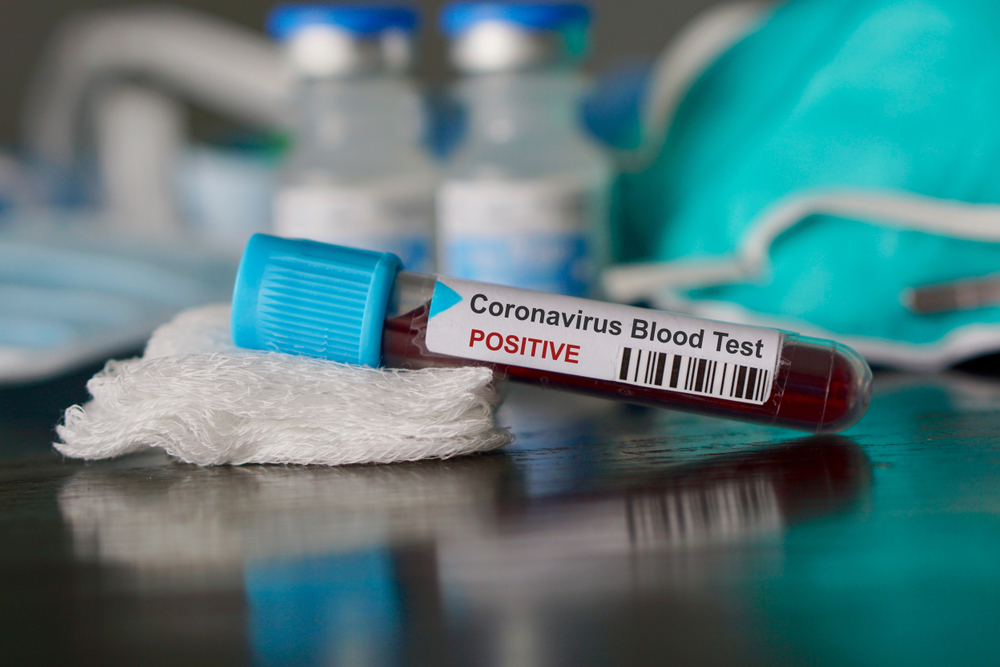Several army veterans and some officials of the Union home ministry feel the government should deploy the army to fight the coronavirus, as has happened in China and Italy.
“It is high time the government understands the urgency of the situation and deploys the army’s medical units, which have massive resources including doctors and nurses, in the fight against the virus,” Ashok Kumar Singh, a retired army colonel, told The Telegraph.
He said the government’s overnight announcement of a 21-day lockdown would not serve any purpose unless “mass testing” is done on war footing to combat the virus.
“So far what we have seen is complete absence of an integrated approach and a long-term strategy to deal with the crisis,” Singh said.
Another veteran said the army was well equipped to deal with such a crisis as it had thousands of doctors and trained staff.
“Even China and Italy drafted in the army to help enforce the lockdown to fight the coronavirus outbreak. In India we are witnessing complete mismanagement after the Prime Minister announced the lockdown. Cops have failed miserably to bring order on the streets. They have been beating up people for no rhyme or reason,” said the veteran, who did not want to be named.
He said the government hospitals were struggling to deal with the increasing number of cases.
“There is no infrastructure in place, and there is an acute dearth of ventilators and masks. The government should press into service the medical units of the army that have the experience of working in such chaotic situations, especially during natural calamities,” the veteran said.
A home ministry official concurred, stressing on imposing order on the streets of north India. “Most parts of north India have witnessed unruly scenes and the local administration, including the police, has failed to control the situation. The military can be used to help enforce the lockdown,” he said.
Thousands of soldiers, he said, had been deployed at Wuhan in Hubei province of China, the epicentre of the coronavirus outbreak, to enforce quarantine measures and to patrol the streets and enforce a lockdown.
Lieutenant-general (retired) H.S. Panag said the Indian government would urgently need the armed forces in its fight against the virus once the country enters the third stage of the outbreak, where community transmission takes place. “They should be asked to be prepared for the worst-case scenario if it reaches community transmission and epidemic stages,” he said.
“The government announced the 21-day lockdown without forewarning the people. It showed complete lack of planning. They should have taken the help of the army, especially in setting up community kitchens, as the military is best suited for this. The focus should have been to provide food than money,” Panag said.
According to him, the armed forces have 130 hospitals, thousands of doctors and nurses, besides having the wherewithal to set up a large number of field hospitals everywhere with the help of the local administration.
The armed forces can also use the services of private doctors, ex-servicemen and medical students to set up more such makeshift facilities within a short span of time across the country, Panag said.
There has already been a delayed response on the part of the government as the first person to test positive for the coronavirus was detected in India on January 31. “We had got ample time to prepare for the war against the virus but we were in deep slumber,” Panag said.
He said the government needed to keep the armed forces ready and also provide them necessary infrastructure to fight the virus.
So far the army has set up some quarantine centres for people who had been flown in from the affected countries.
“China has vast resources and they provided all infrastructure to their army. They had been buying masks and ventilators from across the world when we were sleeping,” Panag said.
India, he said, is going to witness serious law-and-order problems in the next couple of months if community transmission takes place.
“It is likely that the entire supply chain of essential commodities will collapse, leading to chaos and serious law-and-order problems. In that extreme situation the government will have to fall back on the army, which has a vast network across the country,” Panag said.
An IPS officer posted in the home ministry said the army had a large number of hospitals and clinics across the country, as well as logistics, to help the overstretched civil administration.
“The army has enough expertise in setting up community kitchens to feed hundreds of stranded people and daily wage labourers in cities. The local administration in several states, especially in BJP-ruled Uttar Pradesh, has been found ill-equipped to handle the impending crisis,” the police officer said.
Panag said the army had the resources to convert vacant government buildings and schools and colleges into hospitals but they needed funds for the infrastructure, including ventilators and ICU equipment.
“We are already in deep trouble and the crisis will deepen further if it becomes an epidemic, given the scale of our population. The army will be then the last resort to restore the supply chain of essential commodities and lawlessness,” he said.










